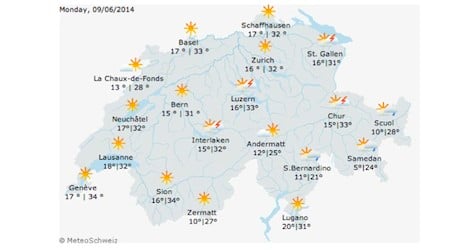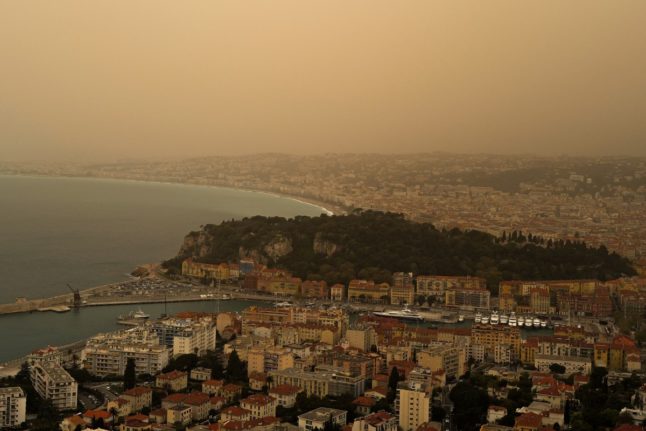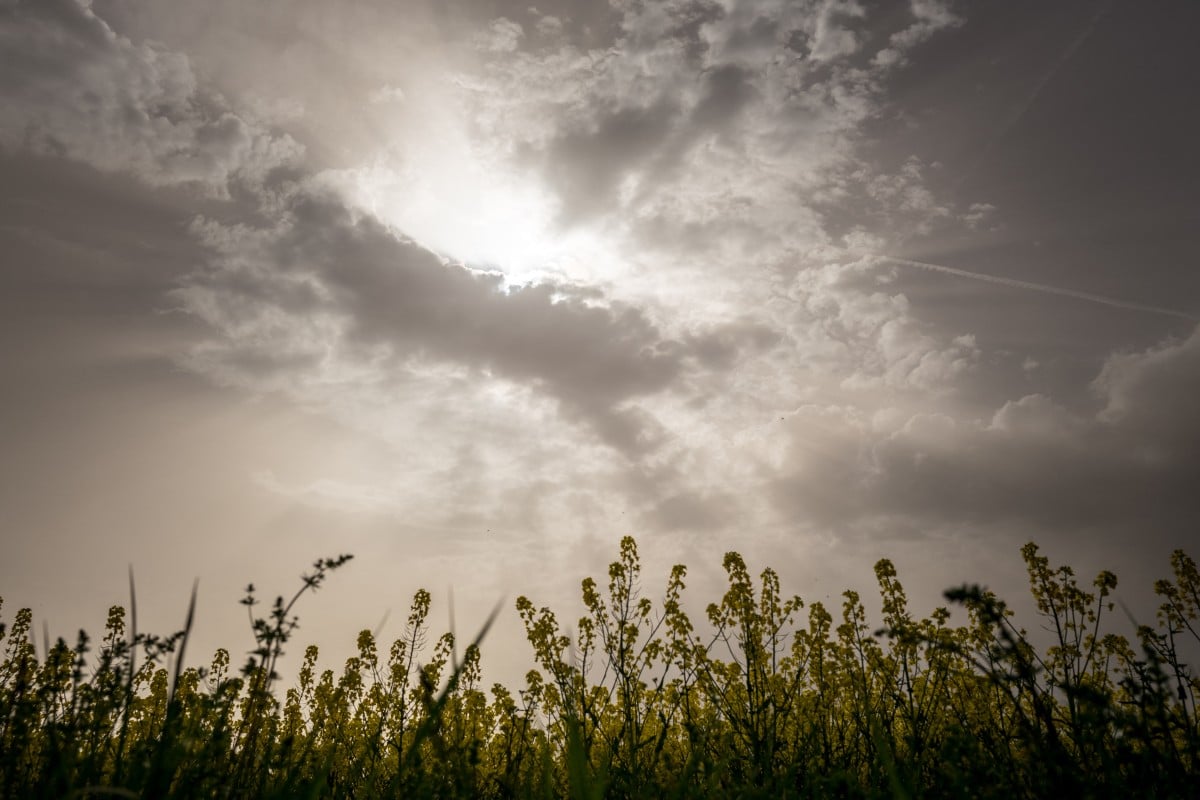Forecasters expect temperatures to surpass 30 degrees starting on Saturday, with hot weather continuing into the middle of next week.
MeteoSwiss, the national weather office, is predicting the mercury will rise as high as 34 degrees in some parts of Switzerland on Sunday.
Highs of 34 degrees are forecast in the cantons of Geneva and Valais on Whit Monday, and 33 degrees in Basel and Zurich.
Isolated thunderstorms could occur in mountain regions throughout the long weekend, MeteoSwiss said.
In the canton of Vaud, the health department has put in place a heatwave plan to deal with possible risks stemming from high temperatures.
Young children and elderly and frail people are particularly at risk when temperatures rise and they are advised to stay indoors.
In Switzerland a heatwave warning is generally only issued when temperatures of 33 degrees or more are expected for three consecutive days.
The Vaud health department warned that extreme heat can lead to fatalities.
In the event of unusually hot weather the department is counselling the public to rest, reduce physical activity, cool off regularly, eat lightly and drink water regularly.




 Please whitelist us to continue reading.
Please whitelist us to continue reading.
Member comments